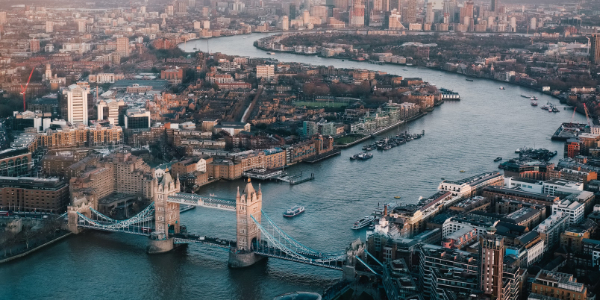Q - What type of weather and climate does United Kingdom have?
A-The United Kingdom has a temperate climate, with plentiful rainfall all year round. In general summers here are pretty warm and the winters are nice and cool. The summers are cooler than those on the continent, but the winters are milder. The overall climate in UK is called temperate maritime. This means that it is mild with temperatures not much lower than 0ºC in winter and not much higher than 32ºC in summer. So Plan your visit and pack your stuff accordingly.
Q - What possible health issues can I face there?
A - The risks to health whilst travelling will vary for every individuals. For the basic health care these things have to be taken into account, e.g. activities abroad, length of stay and general health of the traveler. It is recommended that you should consult with your General Practitioner or Practice Nurse 6-8 weeks in advance of travel. They will assess your particular health risks before recommending vaccines and /or anti-malarial tablets. This is also a good opportunity to discuss important travel health issues including cold and flu, cough, headache, slippery accidents, sun exposure, extreame cold exposture in winter months and insect bites. Measles occurs worldwide. The pre-travel consultation is a good opportunity to check that you are immune, either by previous immunization or natural measles infection.
Q - Who should I consult for a health issue?
A-For any health related issues don’t take anything lightly. Any little signs of you being unwell should be treated there and then. Consult for health related services at your stay as that can help you at the easiest and the earliest. If the health issue is much critical then straightway look for the nearest NHS (National Health Service) center. You can call for an ambulance by dialing 999.The NHS stands for the National Health Service, which provides healthcare for all UK citizens based on their need for healthcare rather than their ability to pay for it. It is funded by taxes.
Q – What must haves should I have in my medical kit?
A - Travelling anywhere the health care is the utmost important. So make sure these basics are there in your Health Kit.
• Sting relief solution, e.g. (aluminum sulfate).
• Diarrhoea medicine, e.g. (lope amide).
• Mild laxative, for constipation.
• Antacid for indigestion.
• Antifungal or antibacterial cream.
• Low potency hydrocortisone cream.
• Fluid and electrolyte replacement powder or tablets
• Eye lubricant drops.
• Thermometer (a forehead thermometer is best for travel as it doesn’t break or run out of batteries).
• Health insurance card.
• Safety pins, scissors and tweezers (you may not be allowed to carry these in your cabin luggage).
• Insect repellent containing DEET (diethyl toluamide).
• Throat lozenges or drops.
• Antiseptic solution for cleaning wounds or bites.
• Antiseptic ointment to apply to a wound.
• Blister and wound patches, such as sticking plasters.
• Medical adhesive tape.
• Wound dressings, e.g. a crepe bandage, gauze swabs and OpSite, and Steristrips, which can often take the place of stitches.
• Analgesic (pain relief) medicine such as paracetamol or aspirin.
• Antihistamine tablets for bites, stings, or allergies.
• Cold and flu tablets.
• Cough medicine.
• Motion sickness tablets.
please check our Traveller Health Tips also and We hope our tips have helped you to stay ready and healthy for your visit.

Health & Care, health issues to go to london









